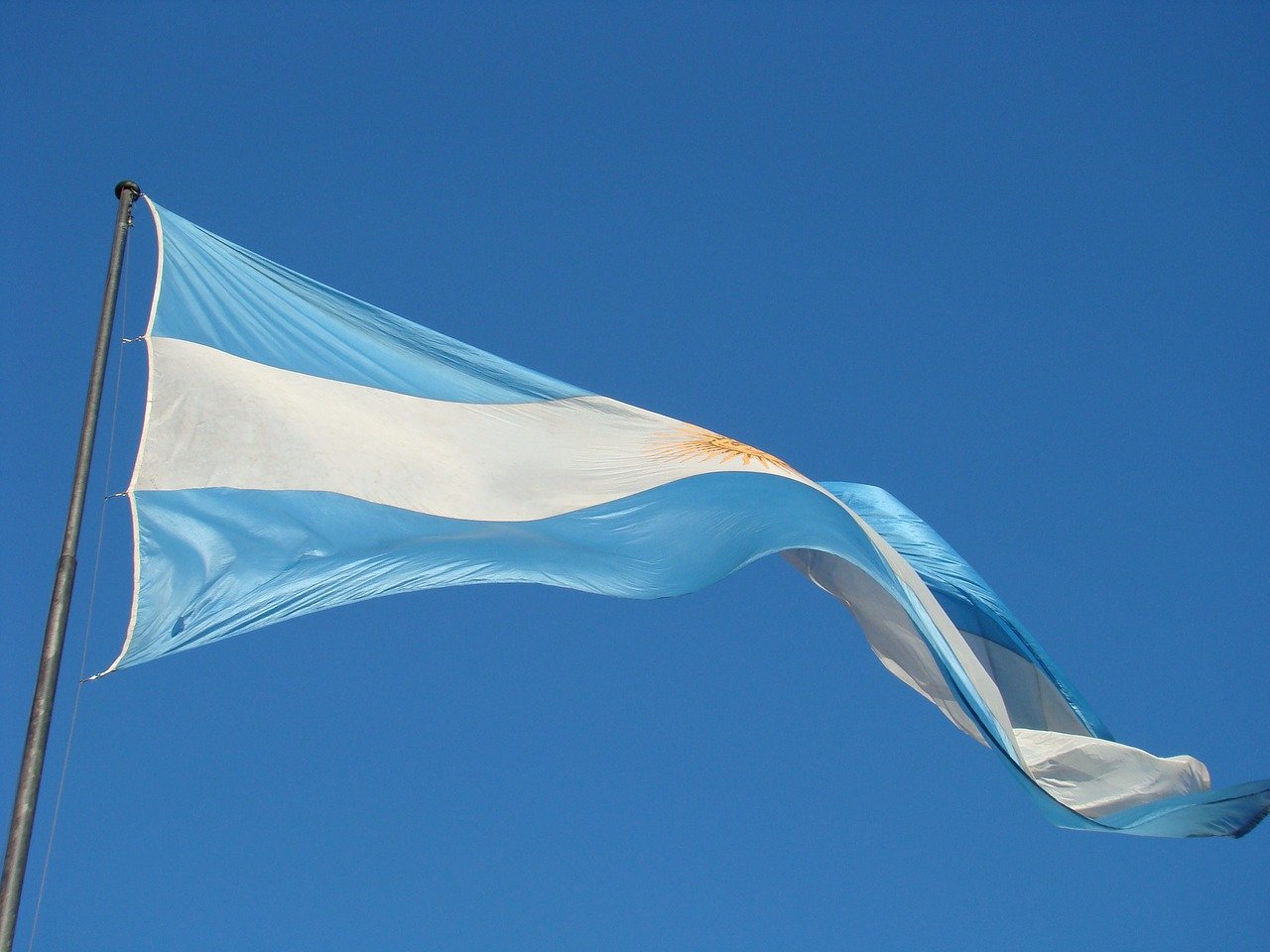Legendary football coach Cesar Luis Menotti once – well, often – compared football tactics to politics. He divided the game into right-wing football – systematised, lacking in flair and with individual skills subservient to the mechanised whole – and left-wing football; suffused with creativity, artistry and independent thinking. He was wrong – his idea of left- and right-wing politics is frankly bollocks – but I wonder if there are parallels between a coach’s footballing philosophy and their wider political philosophy and beliefs.
Menotti’s greatest achievement was managing Argentina to World Cup success in 1978. He did this in spite of two factors.
Firstly his personal self-styled image as a long-haired radical bohemian set him at odds with Argentina’s ruling military dictatorship. The junta had seized power in 1976 and was determined to extract as much reflected glory from the country hosting the ’78 World Cup as it could.
Secondly the prevailing culture of Argentinian football in the years preceding Menotti’s spell as coach was determinedly pragmatic to the point of violence, and was christened anti-fútbol even within Argentina itself.
La Nuestra and anti-fútbol
During Argentina’s age of isolation under Juan Peron it developed a style of football domestically, called La Nuestra, which celebrated attacking skill, individual flair and invention. When the national team returned to the international footballing stage at the 1958 World Cup La Nuestra’s swashbuckling naivety saw it humiliated. Other countries, especially in Europe, had developed systems of playing where organisation, work-rate and physical strength could nullify and defeat teams of individuals, no matter how skilful.

Anti-fútbol grew up as the antithesis of La Nuestra. Argentina’s 1966 World Cup team, and then its club sides Racing and Estudiantes in the Intercontinental Cup, were characterised by negative tactics focused on winning by any means necessary, with heavy emphasis on eliminating all creative skill from the game.
Bilardismo and Menottismo
History has, perhaps unfairly, gone on to associate Carlos Bilardo, an Estudiantes player during the worst of their violent excesses, with Argentina’s anti-fútbol. And it is against Bilardo, who succeeded Menotti as manager of Argentina and went on to win their second World Cup in 1986, that Menotti seems to have directed most of his football philosophising.
Menotti’s sides, starting with Huracán in the early 1970s, evoked memories of La Nuestra as they found success with a far more attacking brand of football. And thanks to skilful individuals like Leopoldo Luque, Mario Kempes, Oscar Ortíz and Osvaldo Ardiles, Argentina team ruled the world when they won the World Cup on home soil in 1978.
Menotti called Racing and Estudiandes’ styles right-wing football. “Right-wing football wants us to believe that life is a struggle. It demands sacrifices. We have to become steel and win by any methods”. The individual was subsumed by, and gave up their individuality to, the team.
In contrast, he saw his teams’ brand of football as left-wing, politically speaking. It celebrated the freedom of the individual over the collective, with players able to express themselves rather than allow the grinding rules of Bilardismo shackle them.
Are there left-wing and right-wing forms of football?
As Jonathan Wilson points out in Inverting the Pyramid, Menotti’s analogy doesn’t quite stack up. Many teams from the ultra-‘left wing’ Soviet Union – including the 1940s Dynamo Moscow side who toured Britain in 1945 (a story brilliantly told in David Downing’s Passovotchka) and Valerie Lobanovskyi’s Dinamo Kiev – all emphasised team play over individual performances. Brazil’s 1970 World Cup-winning team – possibly the most celebrated collection of individuals in football history – demonstrated its flair-filled greatness under the auspices of another right-wing military government.
However, many commentators have long since felt that the old-school left- and right-wing labels are these days irrelevant in political philosophy and serve little purpose except as shorthand for lazy journalists.

After all, there was little to choose between Joseph Stalin’s “left wing” version of communism and Mussolini and Hitler’s “right wing” brands of fascism. More recently, New Labour governments ruled Britain from 1997 to 2000 with policies that their older supporters considered Conservative – even Thatcherite. And, even more recently, a Conservative – i.e., nominally “right wing” – government has engineered the biggest transfer of money from the state to the people in British history, with its COVID-19 policies of furlough and business support payments, epitomising the very basis of “left wing” socialism.
State intervention versus the individual
The division in modern political philosophy is rather between state intervention, as typified by totalitarian states such as the USSR, Nazi Germany and modern-day China, and the freedom of the individual, which the USA perhaps best represents. (Compare Donald Trump’s COVID policies with Boris Johnson and Rishi Sunak’s.)
In that light, Soviet teams’ emphasis on the collective over the individual alongside Bilardista Argentinian teams makes perfect sense. What Menotti is espousing, if anything, is “democratic” football in which coaches, players and fans prize free will over totalitarian subjugation.
But the analogy just doesn’t stand up. Brazil’s 1970 triumph was perhaps the last time a team won a major honour by individual flair alone. And even by then teams from ultra-democratic republics such as Holland and West Germany were winning the European Cup with teams where the team ethic was firmly to the fore (and trumpeted by no less than the greatest individual player of his day, Johann Cruyff). And not long after that, following Brazil’s glorious failure with its next great team of individuals at the 1982 World Cup, Bilardo’s Argentina won in ’86 with perhaps the best individual player of all time: Diego Maradona.
Teamwork versus individuality
In fact, what Bilardo perhaps proved in 1986 – and which no coach working at a decent level today would disagree with – is that football is a game where you succeed through balancing and blending teamwork and individuality.
After all, the US national soccer team is not a Brazil-esque collection of individuals. When I played there while at college in the mid-90s, it struck me how well drilled the American players around me were. They were more automaton than maverick, and no USA team performance before or since then has changed my view. But perhaps that’s why the US men’s team has never won any major honours.
And perhaps that’s also because the US system of government does not define its national team’s footballing philosophy – any more than Argentina’s military dictatorship defined Carlos Menotti’s free-flowing footballing principles.
Is the middle road best?

Meanwhile the greatest teams of the modern day have balanced team ethos and individuality perfectly: the France of Zidane, Djorkaeff and Henry; Messi’s Barcelona; Bayern Munich from the days of Arjen Robben and Franck Ribery to those of Serge Gnabry, Thomas Muller and Robert Lewandowski; all have benefited from water carriers such as Didier Deschamps, Sergio Busquets, Bastian Schweinsteiger and Joshua Kimmick. Even the great Real Madrid only really function well when a Makalele, a Sergio Ramos or a Pepe balances out a Zidane or a Cristiano Ronaldo.
But can a coach truly sit completely on the fence on this question? Is it possible to aspire to a perfect balance, or do we all secretly (or, indeed, openly) favour more team-based or more individualistic styles of play? Is Liberal Democrat football the best way forward?
At heart, I think we’re all a little bit Menotti or a little bit Bilardo, whether we like it or not – and that’s one of the things that makes football the fascinatingly rich game that it is. Whether that is determined by our political philosophy is a little bit harder to tell.

